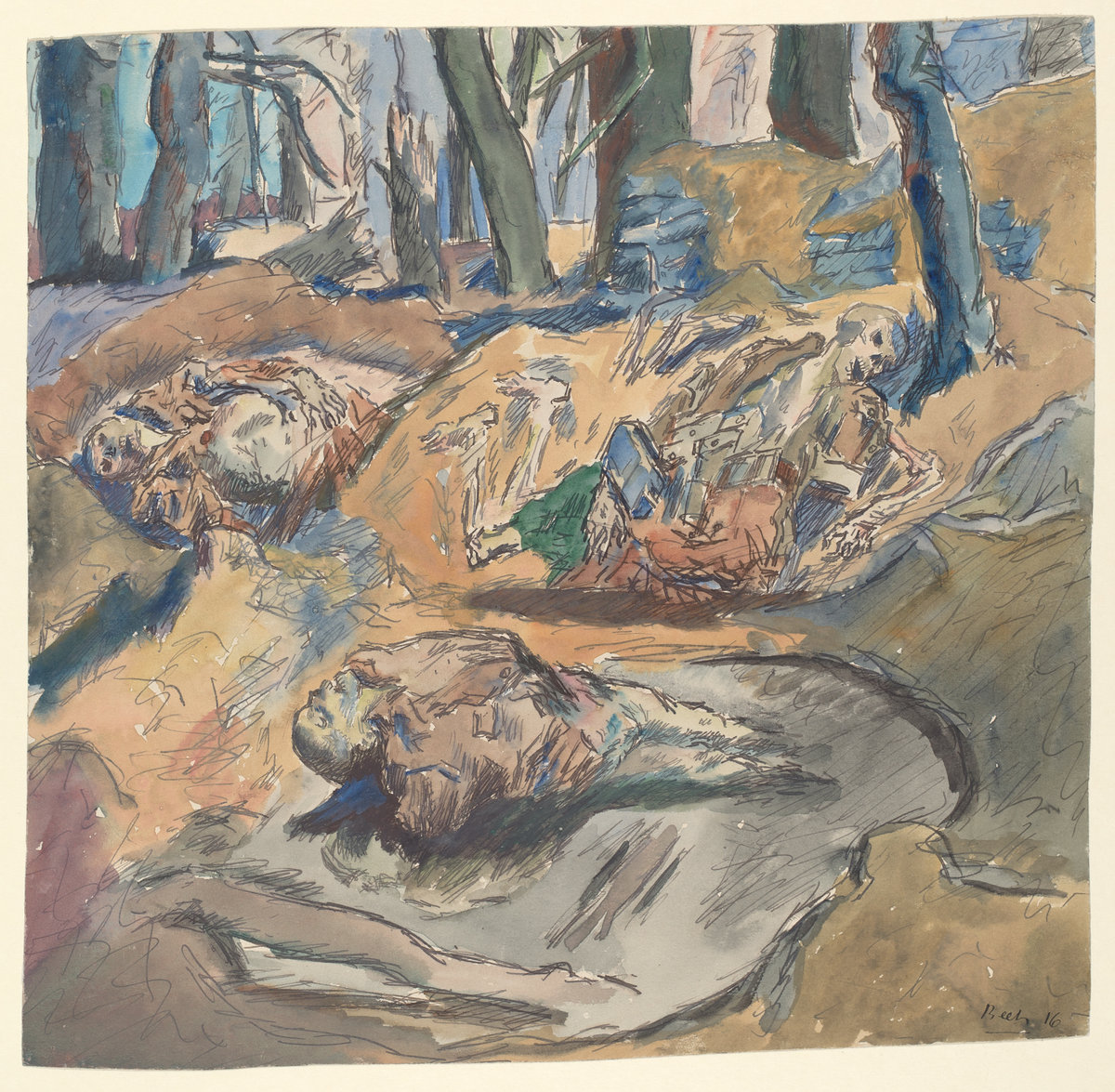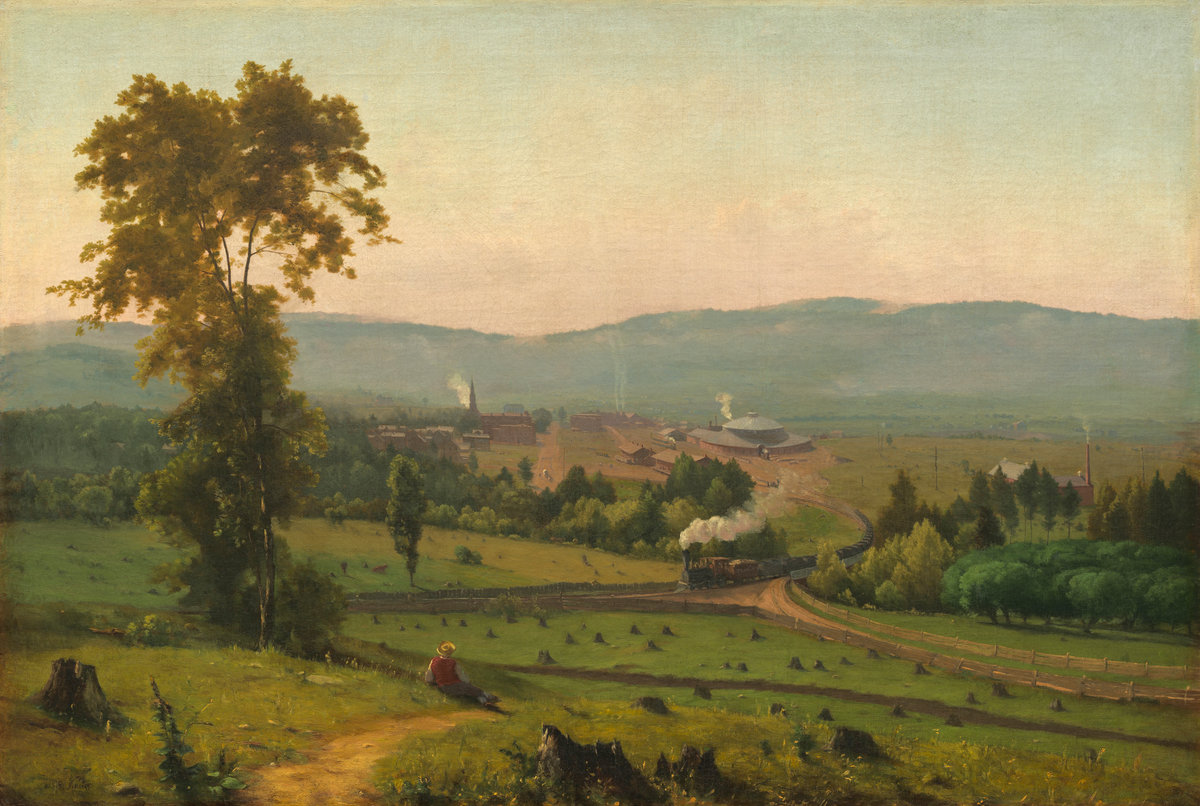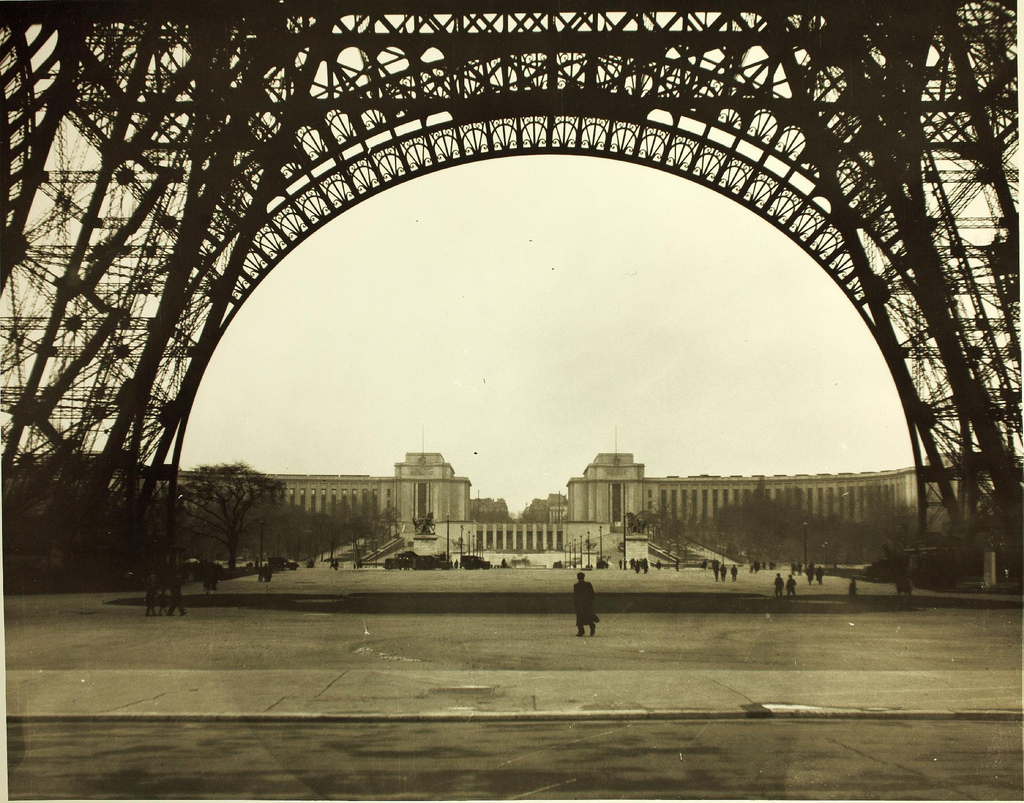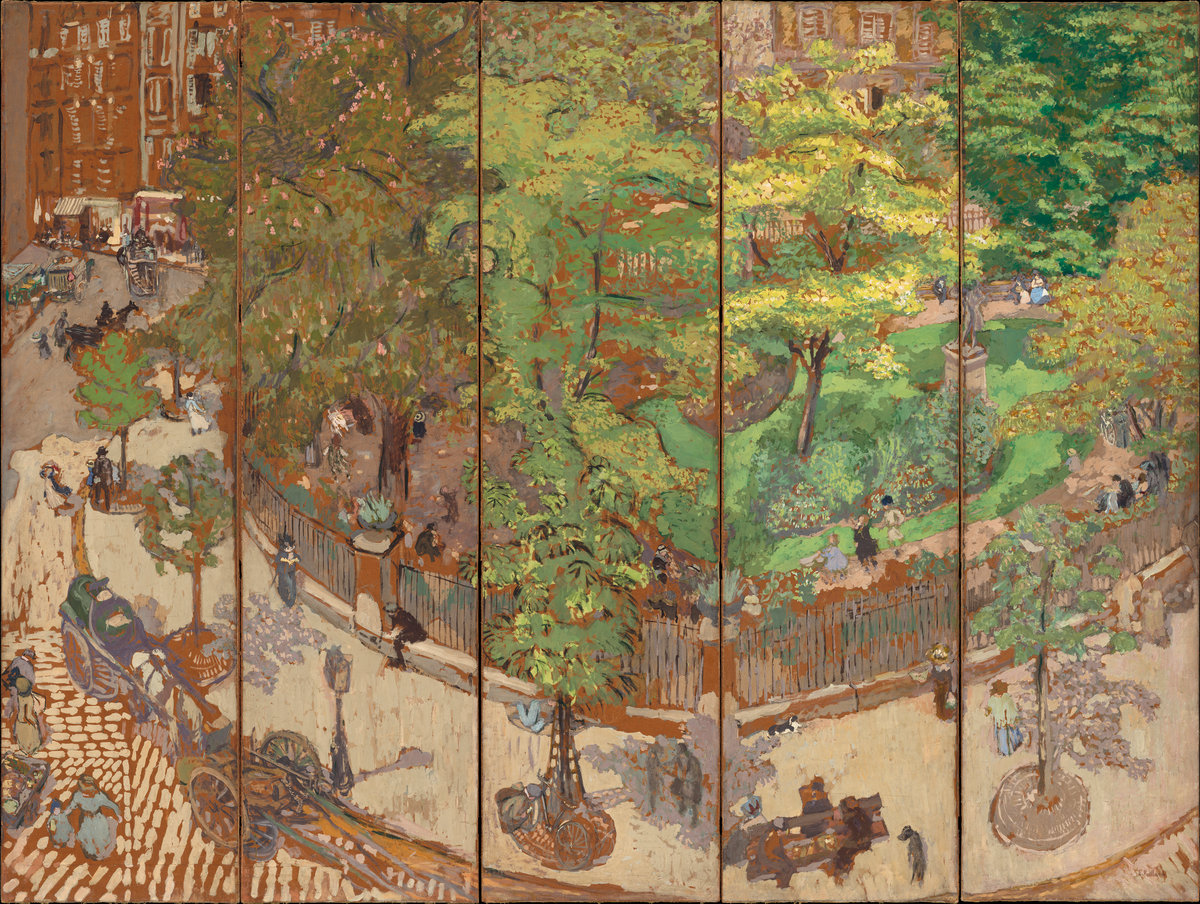
The major story of the week was a move by the Ukrainian government to forcibly evict armed pro-Russian “activists” — the exact term is controversial; many obviously have military training and equipment — who had occupied buildings in eastern Ukraine. Amid fears of a Russian invasion, White House press secretary Jay Carney expressed support the Ukrainian government Monday, and discussed the possibility of additional sanctions targeting Russia. Given that Kiev had previously avoided any action that could be construed as provocation by Russia, this could be the crisis’ most dangerous moment so far.
For their part, as of Wednesday pro-Russian separatists claimed a victory. The Ukrainian military has reportedly seen defections to separatists, leading to the sight of armored personnel carriers with Russian flags in Slovyansk, in the country’s east. Russian media shows its own view of events in what the New York Times describes as “an extraordinary propaganda campaign that political analysts say reflects a new brazenness on the part of Russian officials.”
In Slate, Fred Kaplan writes that interim Ukrainian president Oleksandr Turchynov’s statement that he would consider devolving power from Kiev to regional districts could signal the end of the crisis. “War is politics by other means,” Kaplan writes, “and a revamping of Ukraine’s power structure would accomplish Putin’s political aims by less costly means” than a Russian invasion. In my (totally non-expert) mind Kaplan’s analysis is sound, but it’s worth bearing in mind just how wrong the conventional wisdom has been throughout the crisis. When an anonymous Russian official threatened taking Crimea in late February many dismissed it as bluster, and an outright Russian annexation of the peninsula was thought less likely than engineering its de facto independence. This doesn’t mean Russia’s actions in eastern Ukraine aren’t intended to just gain leverage, but only that predicting Russia’s actions has been very difficult.
And why did Russia give Crimea to Ukraine sixty years ago, anyway? (Via Jon Chicky.)
In South Sudan, rebels claim to have captured a major oil hub. Oil accounts for nearly all of the young country’s government revenue.
Moving westward, in the Central African Republic Muslim refugees fleeing to the safety of neighboring Cameroon are being attacked by militias. “How is this not genocide?,” Jay Ulfelder asked last week.
Ethnic violence troubles southern Egypt, ignored by security forces focused on going after the Muslim Brotherhood and other political enemies of the military government — as long as deaths roughly balance out, police figure feuds will eventually resolve themselves.
In Syria, government forces appear on the edge of a major victory in Homs, a rebel stronghold. But despite this success the Assad regime may be unable to ever recover Syria’s east and north, where opposition and Kurdish control is much stronger — though if the regime is able to completely clear western contested cities such as Homs and Damascus, it could increase the likelihood of a long-term three or four way informal division of the country.
Syrian women refugees fleeing the war face abuse and poverty abroad.
A look in photos at Venezuela’s colectivos, or pro-government chavista militias/social groups.








1 comment